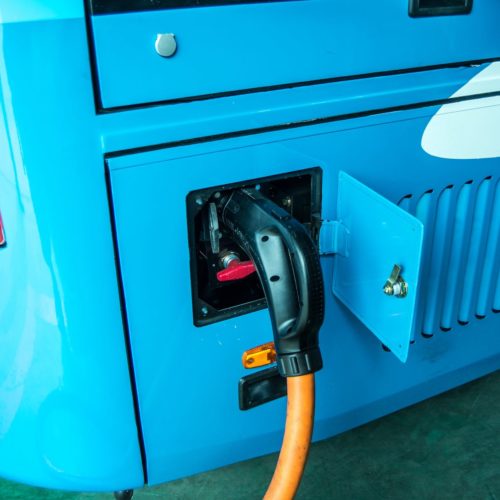
Since joining RMI in 2014, Lynn has been a member of the Transportation team working on a variety of projects, including analysis and research supporting Transportation’s expansion from a vehicle fitness focus to a whole-systems approach. With the selection of Austin as the Mobility Transformation (MTX) initiative’s core city, Lynn managed the Mobility as a Service project, helping develop the project’s emphasis on commuting and employer-based solutions. In 2016, Lynn led the implementation of MTX’s first on-the-ground pilot in Austin, launching a holistic package of commuting benefits shared by multiple Austin employers and negotiating the launch of microtransit provider, Chariot, in its first market outside of San Francisco.
Currently, Lynn co-leads the development of a marketplace platform to streamline and scale MTX outcomes in Austin to other cities.
Background
Prior to joining RMI, Lynn was a AAAS Science & Technology Policy Fellow at the U.S. Department of Energy for 3 years. During his Fellowship, Lynn was a program manager with the Advanced Manufacturing Office, leading the implementation of a multi-agency economic development funding opportunity. Lynn became chief technological advisor to Assistant Secretary of Energy Efficiency and Renewable Energy, David Danielson.
Education
Ph.D., Physics, University of Pennsylvania, Philadelphia, PA (2010)
B.S., Physics, Carnegie Mellon University, Pittsburgh, PA (2004), summa cum laude
Location
Boulder, CO









